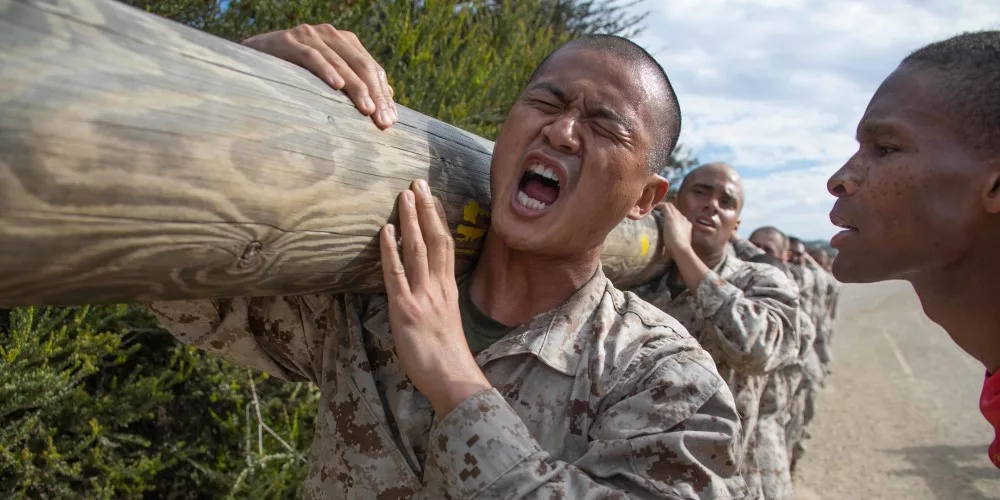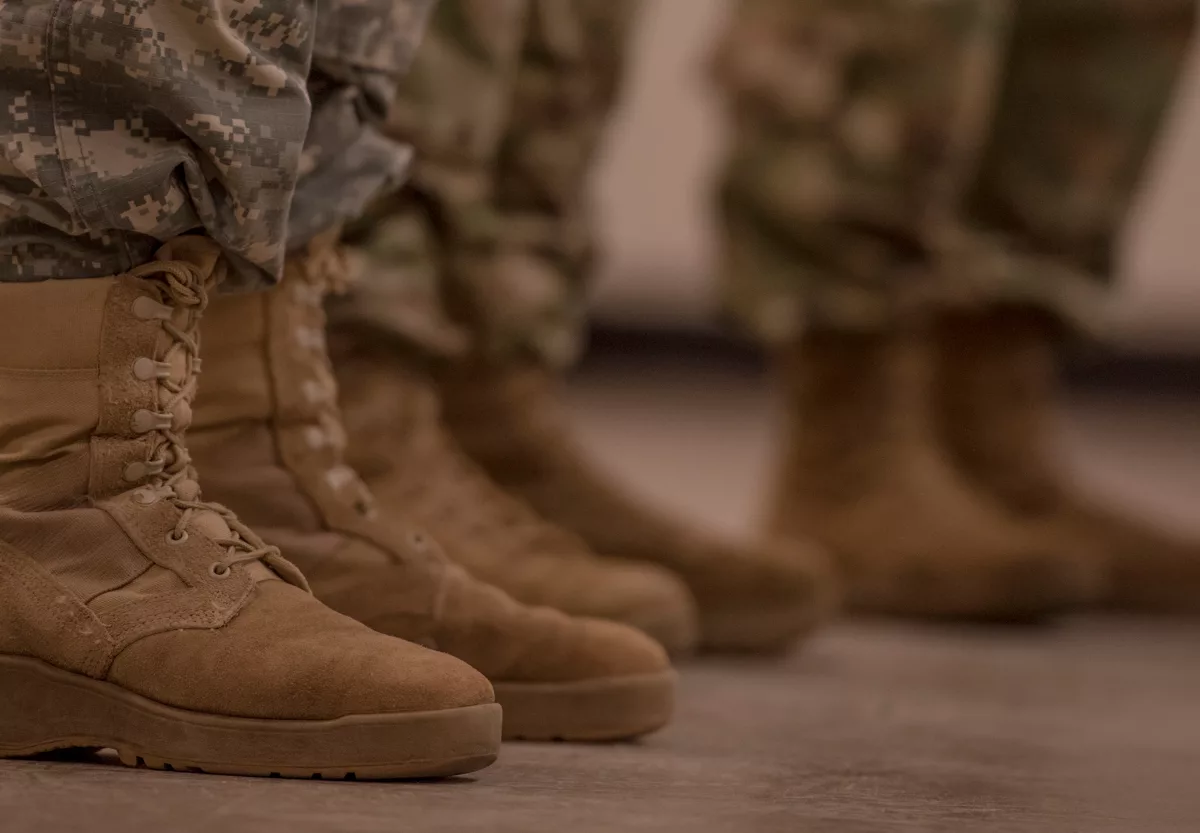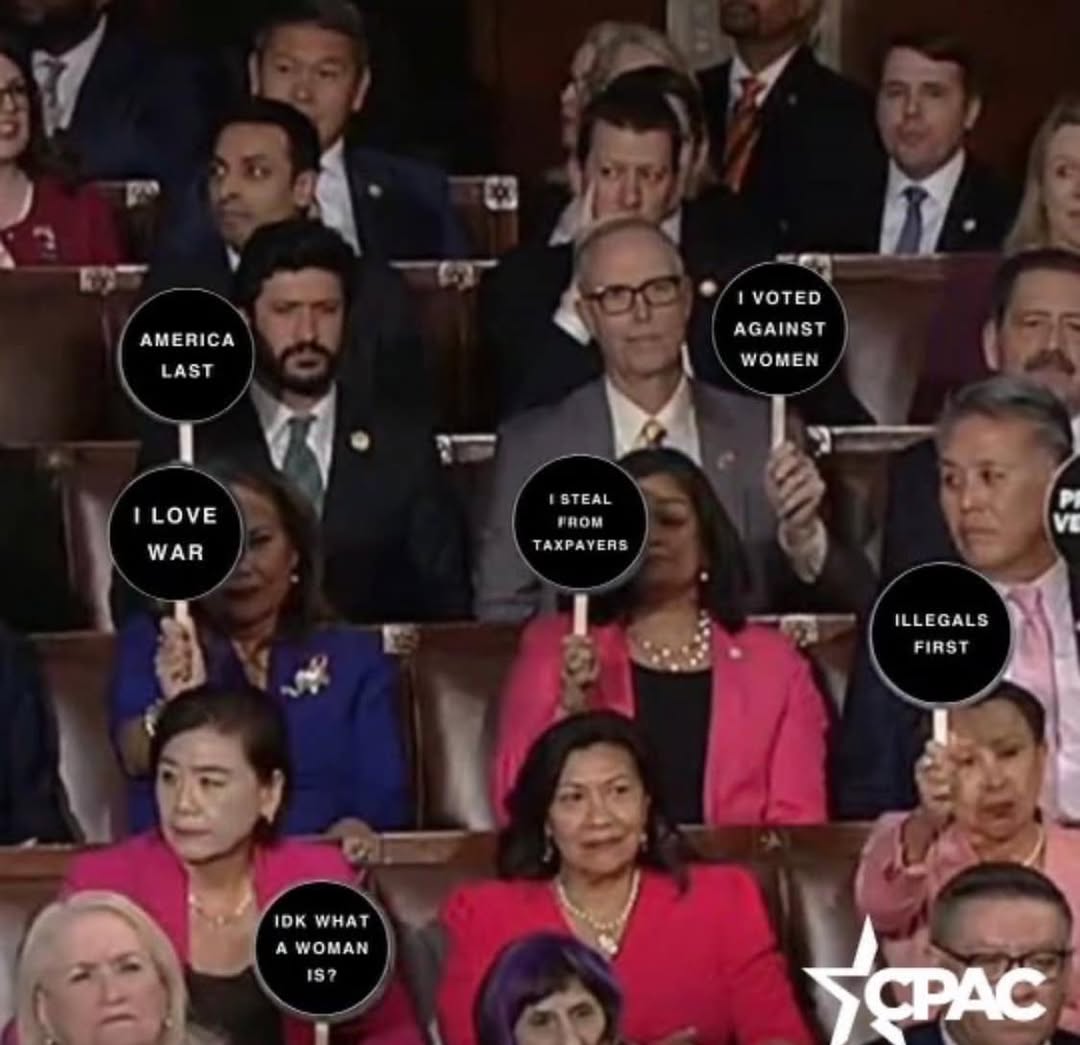WASHINGTON, D.C. – Kansas is doing more than its part, but the Pentagon is still missing its military recruiting goals.
Whether it’s President Biden’s disastrous Afghanistan withdrawal two years ago, his infusion of “woke” culture into military structure or simply competition with military careers by a hungry private sector job market, military recruiting in the U.S. is coming up short – way short.
Senior U.S. Defense Department officials testified last week at a hearing of the House Armed Services Military Personnel Subcommittee that the Army, Navy, Air Force and Coast Guard have missed recruiting goals by a head count of some 41,000 in 2023. The Marines and the Space Force made their recruiting targets for the year.

And while those numbers are coming up short, it’s clear Kansas is pitching in at a higher rate than other states. The Sunflower State’s 2.9 million souls ranks it 35th among the 50 states in U.S. population, but its contribution of almost 22,000 current U.S. service members, according to World Population Review and the veterans site thegreatergood.com, ranks it 28th in service members per per capita among the states.
Matthew Gault, a writer for VICE who’s covered public issues surrounding the military for much of the past decade, told a National Public Radio interview in August confidence in the military drops when that military loses a war – and the perception is that Biden’s withdrawal lost the war in Afghanistan.
“I think the probably the biggest (reason) right now this immediate drop is the end of the war in Afghanistan, the American withdrawal from it and how quickly the Taliban was able to retake it,” Gault told NPR. “There was a lot of really bad optics, there’s a lot of terrible footage, a lot of horrifying stories that happened in the immediate wake of that.”
“And when America loses a war, confidence in the military goes down,” Gault continued. “There’s also a lot of culture war issues that are brewing around the military. And only 1 percent of the American population serves – that creates a disconnect, especially over the last 20 years.”
That disconnect between the population and the military is a notable one. During World War II, nearly everyone in the country was related to someone serving in the U.S. Military. Deputy Under Secretary of Defense for Personnel and Readiness Ashish Vazirani told the hearing the winnowing of that military contact was being felt in U.S. culture. Even as recently as 1995, Vazirani said, 40 percent of military-age individuals had a mother or father who served in the military. That number dropped to 12 percent by 2022, he said.

Gault said military leadership is looking at relaxing recruiting standards in order to qualify more recruits.
“A lot of different things. One is that the recruitment standards are pretty high.
“The Pentagon estimates that only around 23 percent of youths aged 17 to 24 can meet the standards for the military,” he told NPR. “The reasons why are kind of all over the place, there’s fitness standards that people can’t meet. There’s weird things like visible tattoos on, you know, the head or the neck or the hands can often kick people out. Criminal — past criminal records, no matter how minor, and also a big one now is drug use – a big one being ADHD medication. If you’ve been on a stimulant in the past 24 months, you have to get a waiver, or they don’t want you to join.”
“They are constantly talking on Capitol Hill about what they need to do,” Gault said, “what they need to change, what they need to address to get people more involved in the military to get the recruits that they need and to prove to the American public its military is ready for the fight and is ready for the new great power competition that is taking over the planet.”
Dane Hicks is a graduate of the University of Missouri School of Journalism and the United States Marine Corps Officer Candidate School at Quantico, VA. He is the author of novels "The Skinning Tree" and "A Whisper For Help." As publisher of the Anderson County Review in Garnett, KS., he is a recipient of the Kansas Press Association's Boyd Community Service Award as well as more than 60 awards for excellence in news, editorial and photography.





